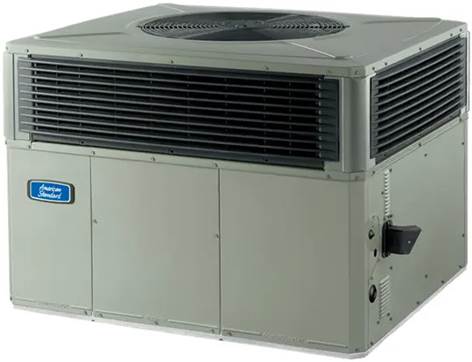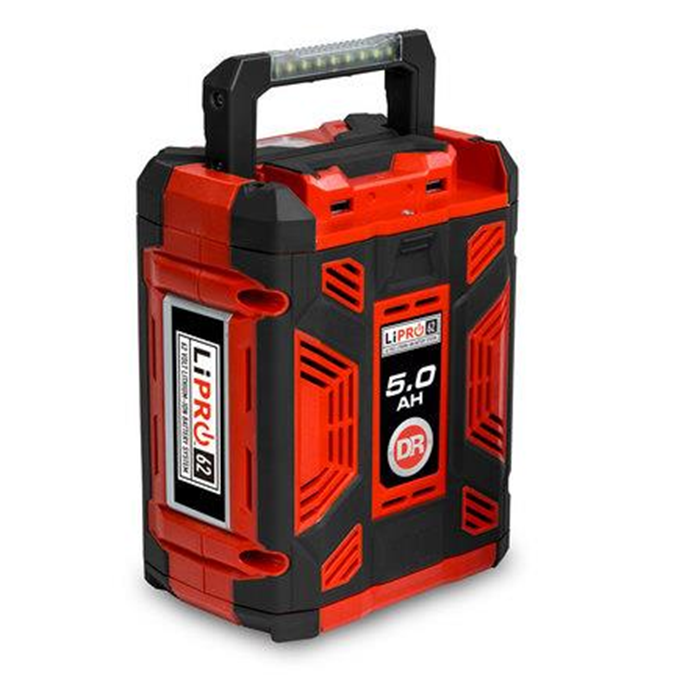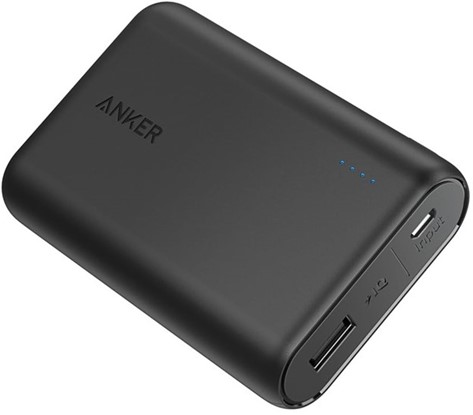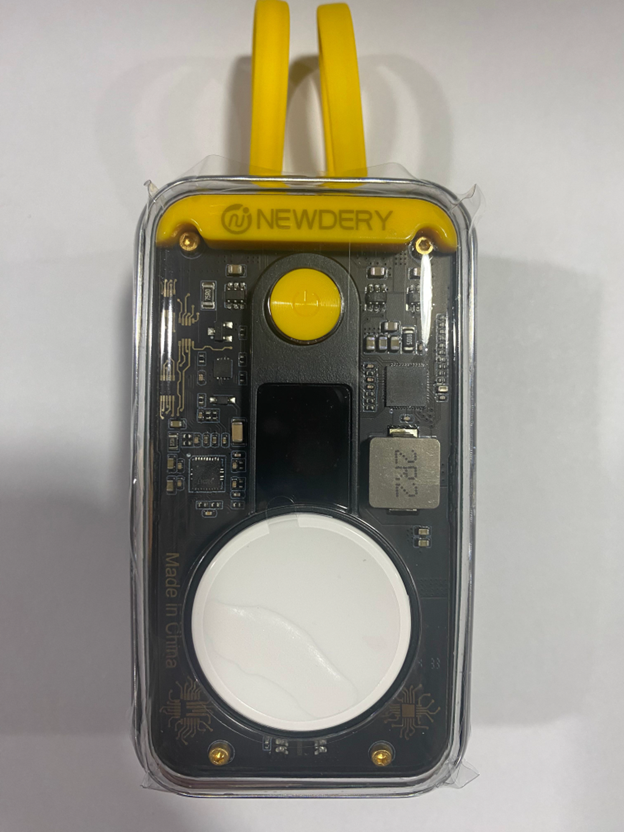
Imposition Of Duty To Those With Easily Accessible And/Or Specialized Knowledge
July 7, 2015
This article was originally published in the Subrogator, a publication by the National Association of Subrogation Professionals, Summer, 2015. © Copyright 2015 by NASP. All rights reserved. Republished by Butler with permission from NASP.
In Nationwide Property & Cas. Ins. Co. v. General Motors, LLC., 2015 WL 1281751 (S.D. Tex. 2015), a fire occurred in the garage of a residential home. The cause was believed to have been a malfunctioning component of a Chevrolet pickup truck. Importantly, the malfunctioning component had been the subject of two separate recalls by General Motors, as well as an investigation by the National Highway Traffic Safety Administration.
As the insurer of the residence, Nationwide filed a subrogation action against General Motors and AutoNation Chevrolet Gulf Freeway (AutoNation). As to AutoNation, Nationwide claimed that when it serviced the truck prior to the fire, it failed to run a computer check that would have detected a recall on the malfunctioning component. In response, AutoNation filed a motion for summary judgment on the singular issue of whether an authorized auto dealership has a duty to check for recalls when a customer brings a vehicle to the dealership for service. In support of its motion, AutoNation maintained that it performed no service work beyond putting a spare tire on the truck.
In denying AutoNation’s motion and finding that a duty existed, the Court reasoned that AutoNation’s status as a General Motors dealer gave it easily accessible and specialized knowledge about the truck recall via the electronic VIN check. The Court explained that the “the decision to impose a legal duty is a multifaceted issue requiring courts to balance a number of factors,” including risk and utility. The Court also noted that “this inquiry balances the risk, foreseeability, and likelihood of injury against the social utility of the actor’s conduct, the magnitude of the burden of guarding against the injury, and the consequences of placing that burden on the defendant.” In balancing the above factors, the Court found that AutoNation’s burden of checking for recalls was insignificant, and conversely, that there was a significant benefit of preventing a highly foreseeable and serious harm, such as the fire that occurred.
This ruling can be utilized in establishing duty in countless situations where a party had easily accessible and/or specialized knowledge and failed to act to prevent a loss. Examples involving products (which may not be the subject of a recall but are known to be defective and/or dangerous) may include a distributor, wholesaler, or retailer selling a product or a contractor installing a product they know or easily could know is defective and/or dangerous. Another example may include the duty of a home inspector or building official to disclose the existence of a defective and/or dangerous product or installation. Whatever the circumstance, careful consideration must be paid to the duties owed by those with easily accessible and/or specialized knowledge.



